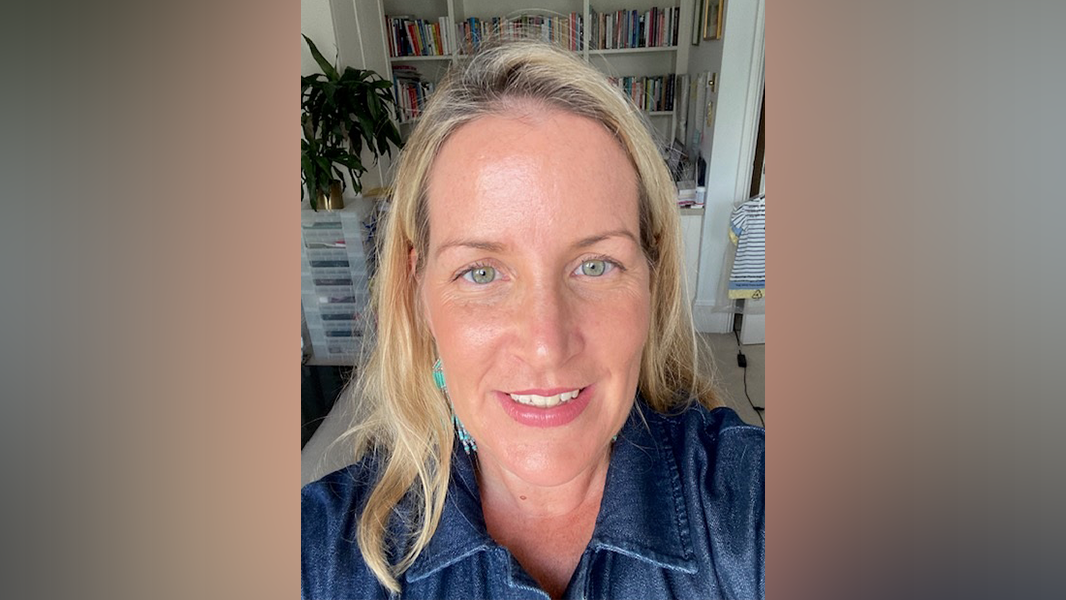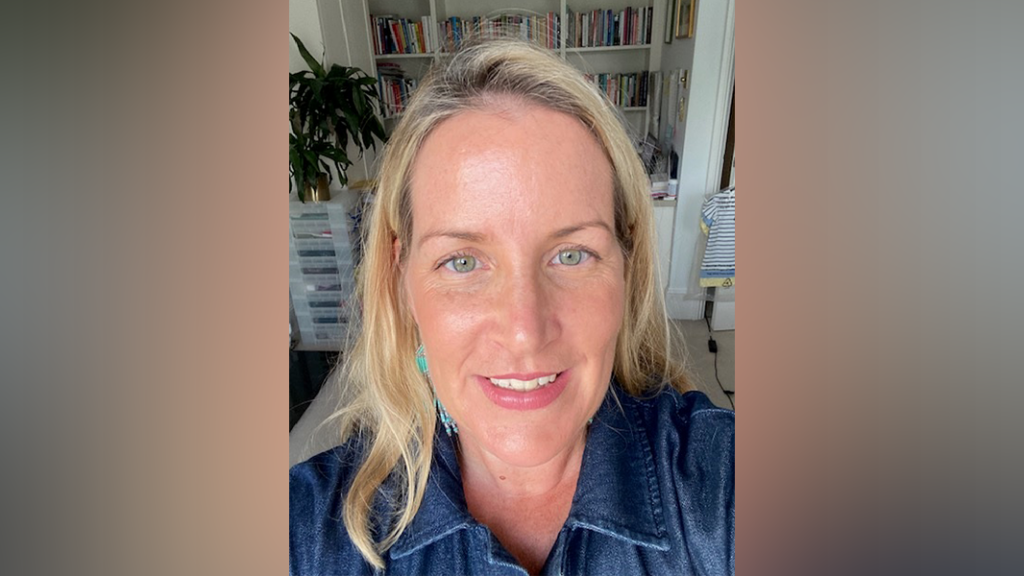

Living with an alcoholic father
I heard a loud thud coming from the driveway. I jumped, it gave me a huge fright. What was that? Someone trying to steal something in the driveway? An accident outside? Adrenaline racing and heart pounding I ran to the front door. My heart sank, my face tightened and my stomach dropped. What I saw was heartbreaking and made me very angry.
My Dad was lying prone on the brick driveway, having fallen over. I called my Mum and we went outside together to help him, inspect the damage and get him inside. I was shocked at what I saw. He was conscious with a head injury that was bleeding profusely.
We shepherded him into the kitchen and what followed was ridiculous if you don’t understand the role of shame in a family with addiction. He had been out playing snooker with friends and had been dropped home by one of them, falling after he got inside our electric gates. I was 24 and in my childhood home. It was the night before I left to move to London (permanently as it has turned out).
Keeping up appearances
Like many families with addiction, there is almost always a core of shame and a (sometimes huge) discrepancy between the appearance and the reality. In my family this was the case – constant covering up to make things look ‘respectable’ or better than they were and attempts to keep what went on secret.
What followed was a debate about how we could get my Dad the medical help he clearly needed. ‘We need to take you to hospital, to the Accident and Emergency…., your head needs attention’ from me.
‘NO, I don’t want to be taken to hospital’ from my Dad, sober enough to still want to create a glossy family exterior. He was a Doctor and a part owner of, and on the board of, a Catholic hospital in the city I grew up in.
Even in his drunken state he was still keen on keeping up appearances and my Mum (with her own shame core) followed his wishes. He believed that if we turned up with him, drunk and with a head injury, at any hospital in the city it would be the gossip of the medical fraternity, damaging his reputation.
In retrospect, I suspect his drinking was widely known about but since he was still a high-functioning doctor it was tacitly condoned, seen as ‘not an issue’. Except it was a huge issue in our family. Even ‘doing a geographical’ did not get me away from it.
Walking through a minefield
Growing up in a family with an alcoholic parent can feel like walking through a forever minefield. At any moment something could happen that may detonate a mine. And it could be catastrophic (like an incident of drunken driving which hurts other people or violence) or feel catastrophic (like feeling terror in your own home at what you are witnessing).
The hypervigilance layered into my system, particularly around drinking, is something I live with every day. Through my own job I have learnt I have an exaggerated stress response, and a big startle response.
I still find it impossible not to go to a party and observe what others are drinking, how fast they drink, how quickly they need their glass filled, do they offer others, what is their skin like (men with red faces often drink too much). I monitored these details carefully as a child. Should I suggest some water? Should I tip some wine down the sink? Should I try and hurry us out of wherever we were? Or hurry any guests to leave?
If I could control the situation…
The panic, the stress, the bizarreness of it all comes back to me as I write this. Much of it I have tried to block out. How is it okay for a child to be responsible for managing her parents’ drinking? It’s not. It seemed that if I could control the situation maybe I could make it better for all of us.
The illusion of control feels better than contemplating the blackness of endless drinking and not knowing what would happen. Nothing feels safe or dependable when you have an alcoholic parent. You can’t ever rely on that parent (or the other parent really) because of the way alcohol takes over everything. So the idea of being able to take a small, controlling action often makes us feel better, all the while feeding the illusion that somehow we can ‘fix the drinking’. Does this sound familiar?
I became the caretaker
As the eldest daughter, I was tasked with trying to get my Dad to stop drinking. My Mum didn’t say ‘Please do the anger and fight and argue with your Dad about his drinking because I cannot cope or take on that role’ but that is what happened. I became my Mother’s caretaker. Tending to what she needed, being her confidante, advising her and helping her fight battles that she seemed unable to take on. The roles were switched – instead of me being cared for, I was the carer.
Being a parentified child is really common for adult children of alcoholics. As a teenager, I often tried to come up with the perfect speech then my Dad would really be able to hear me and understand the damage that his drinking was doing to himself and the fabric of our family. When health advice came out that we should all be eating 5 portions of fruit and veg daily, I became convinced that if I could just get him to do that, he might stop drinking. Or maybe he would not drink so much.
Crushing sense of shame
I dreaded any social engagements with my Dad, monitoring his drinking for signs that things might kick off or get out of hand. Luckily, his drunkenness did not lead to violence. It was more the fighting and words, lack of relational and emotional safety, and embarrassment about his behaviour. And the crushing sense of shame. I always thought that I was defective. That no one would want to be with me. That no one would want to be married to me. That if they found out the truth about our family they would run for the hills. It seemed important to hide the truth of what went on in our family.
Many adult children of alcoholics are perfectionists precisely because of this shame and the lack of being seen and supported as children. This defence mechanism makes so much sense in the context of our family of origin. Of course we wanted to shine and perfect. Maybe we could perfect things enough that miraculously we would perfect the drinking away? Or our alcoholic parent might see how much we were trying and join us in trying to create a shiny exterior?
Nurturing myself
Alcoholism is often labelled a family disease because of the diseased way of thinking and behaving the family members adopt. The adaptations I developed growing up in my home continue to be what I work on in therapy. Unwinding from perfectionism continues to be my greatest personal work. Learning that I am safe when I am imperfect, that I am loved when I am imperfect and that I am good enough when I am imperfect is ongoing. Nurturing myself around this continues.
If you are also the adult child of an alcoholic, please know that your parents drinking was never your responsibility. There was never anything you could or should have done to stop it, it was always their responsibility. Here are some wise words from Al-Anon:
“We did not cause it, we cannot control it and nor can we cure it”.
And yet many of us believe and act as if the opposite is true.
Catherine
To find more experience stories, go to Support & advice

























































































